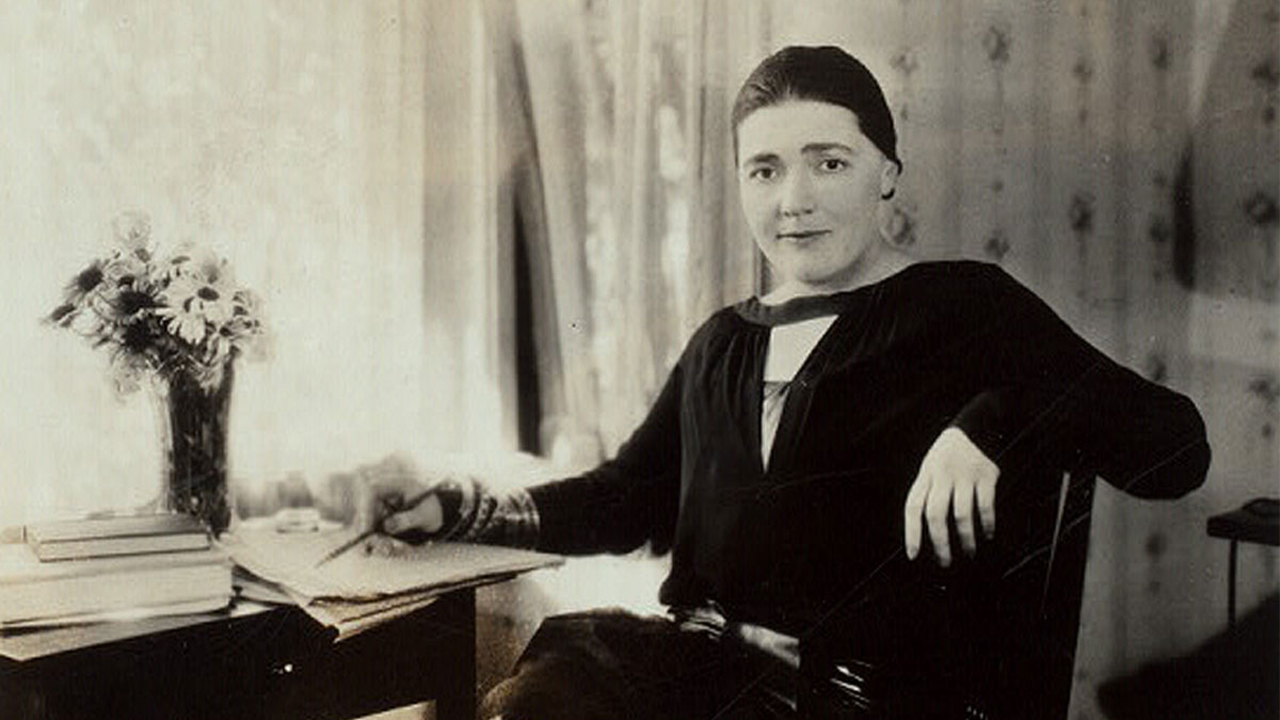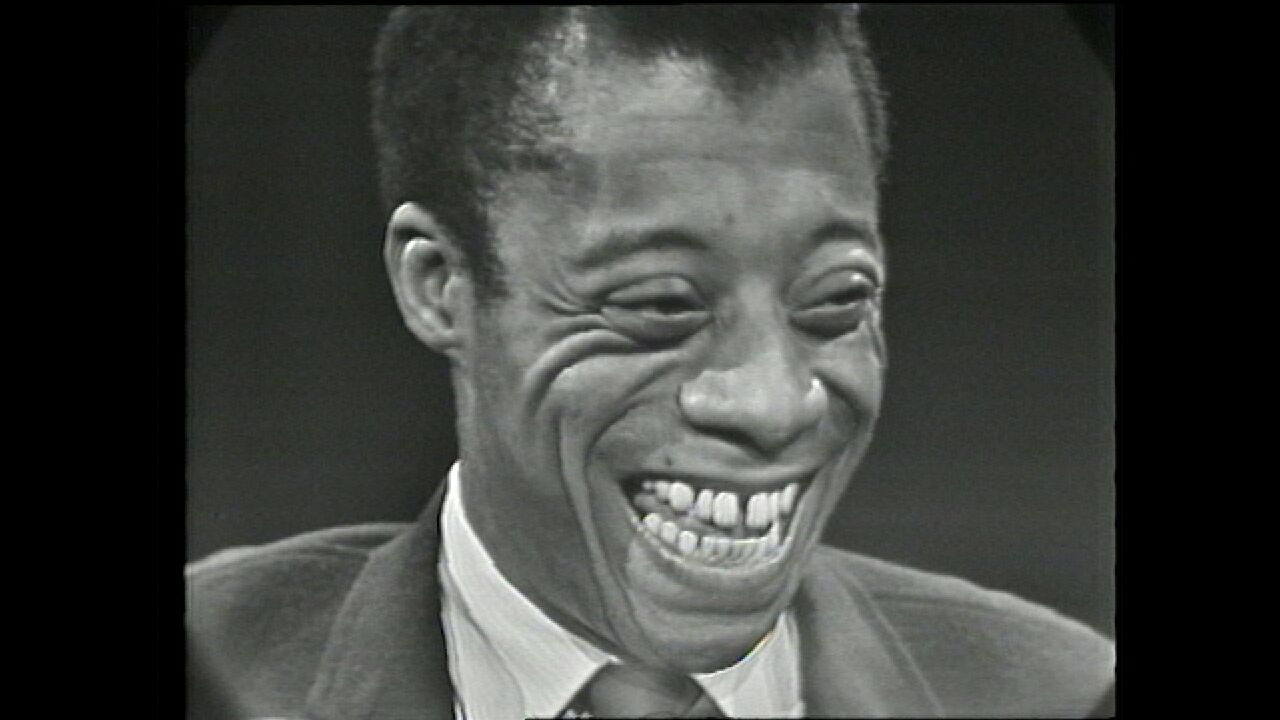On Claude McKay’s Birthday: September 15, 2021
September 15, 2021

Claude McKay, born on September 15, 1889, in rural Nairne Castle, Jamaica, thrived on shifts of locale and identity. He was a writer of pioneering dialect verse and a national culture hero on his native island; one of the inventors and toughest critics of the Harlem Renaissance; a producer of blockbuster novels (1928’s Home to Harlem) and abject commercial flops (pretty much every other work of prose fiction he completed); and a globally influential Black convert to both communism and Catholicism. At his literary and emotional core, however, he was a source of lyric poetry, a devoted sonneteer in the midst of experimental modernism whose “poetic thought,” as he called it, “adhered to such of the older traditions as I find adequate for my most lawless and revolutionary passions and moods.” In honor of McKay’s birthday, then, here are two rarely republished sonnets from his collection Harlem Shadows (1922), the Harlem Renaissance’s earliest book of poetry. In the surprisingly short distance between the confrontational interiority of “I Know My Soul” and the biting radicalism of “Birds of Prey,” McKay’s militant formalism—a lifelong keynote—becomes clear.
• • •
“I Know My Soul”
I plucked my soul out of its secret place,
And held it to the mirror of my eye,
To see it like a star against the sky,
A twitching body quivering in space,
A spark of passion shining on my face.
And I explored it to determine why
This awful key to my infinity
Conspires to rob me of sweet joy and grace.
And if the sign may not be fully read,
If I can comprehend but not control,
I need not gloom my days with futile dread,
Because I see a part and not the whole.
Contemplating the strange, I’m comforted
By this narcotic thought: I know my soul.
• • •
“Birds of Prey”
Their shadow dims the sunshine of our day,
As they go lumbering across the sky,
Squawking in joy of feeling safe on high,
Beating their heavy wings of owlish gray.
They scare the singing birds of earth away
As, greed-impelled, they circle threateningly,
Watching the toilers with malignant eye,
From their exclusive haven—birds of prey.
They swoop down for the spoil in certain might,
And fasten in our bleeding flesh their claws.
They beat us to surrender weak with fright,
And tugging and tearing without let or pause,
They flap their hideous wings in grim delight,
And stuff our gory hearts into their maws.








